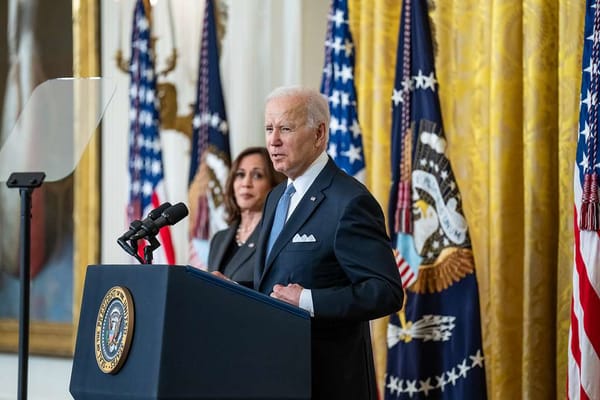
Funding
What's In the FY 2025 Budget for Broadband and Technology
The fiscal year 2025 budget has funds for broadband expansion, tech innovation and digital equity.

Funding
The fiscal year 2025 budget has funds for broadband expansion, tech innovation and digital equity.

Broadband Mapping and Data
The experts held split opinions regarding the impact of new consumer broadband labels mandated by the Federal Communications Commission.
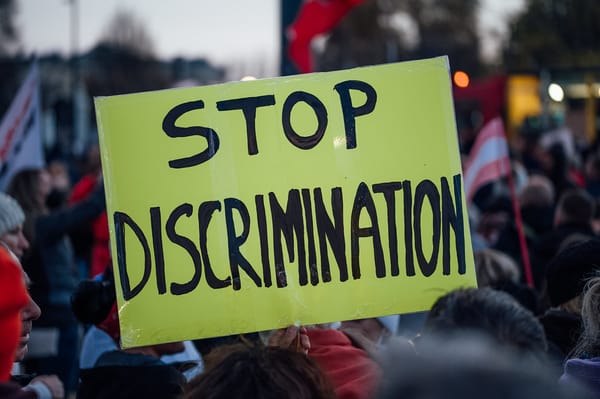
Digital Inclusion
The suit filed Tuesday marks the third legal case to target the FCC’s digital discrimination rules since adopted in November.

BEAD
The waiver exempts specific BEAD-funded equipment from the domestic manufacturing requirement outlined in the IIJA.
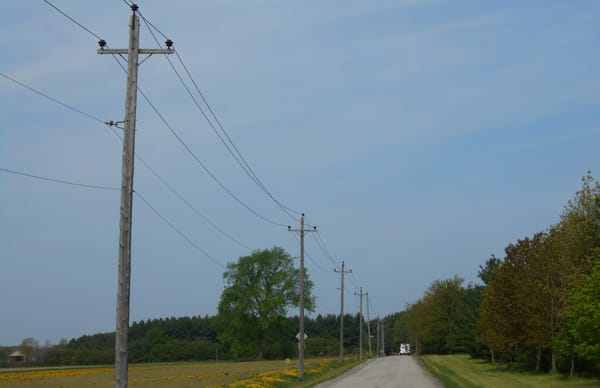
Infrastructure
Seven telecom organizations oppose an electric utility association's petition to the FCC, which seeks to overturn pole attachment changes.
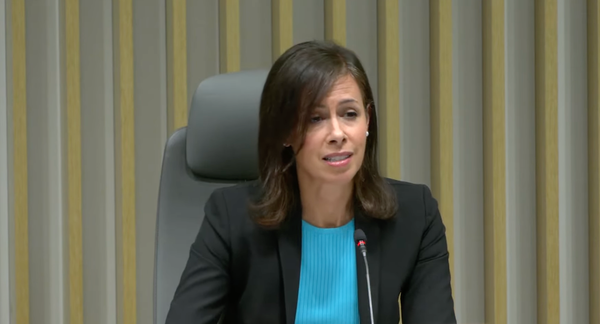
Universal Service
The FCC also approved support for domestic abuse victims, inquiry on AI and robocalls and preventing cell phone scams.
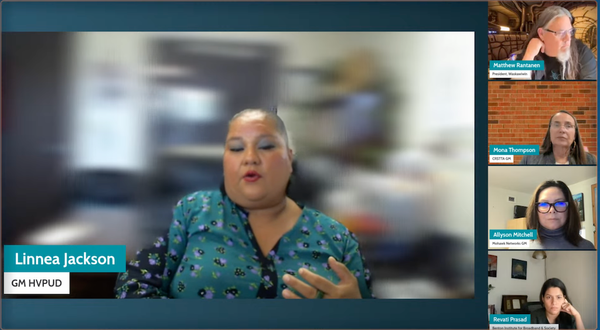
Universal Service
The fund is set to run dry in 2024.
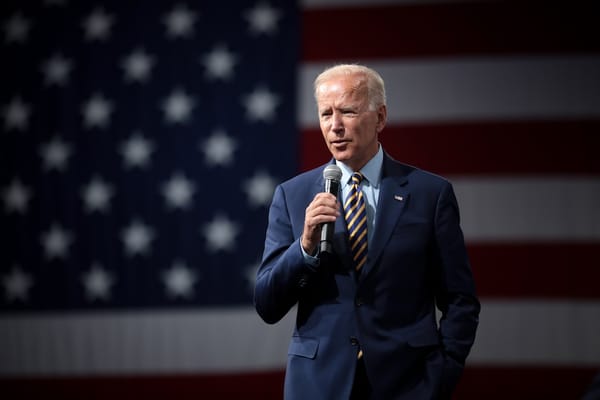
Broadband's Impact
The internet subsidy dubbed the Affordable Connectivity Program is set to dry up as early as April 2024.
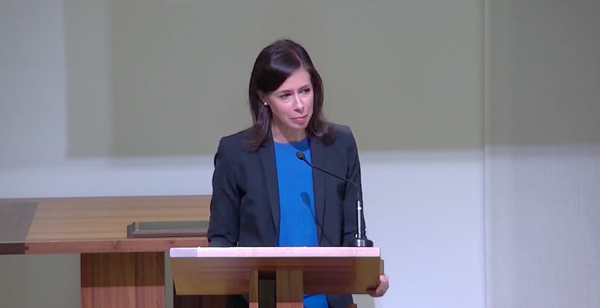
Digital Inclusion
The rules would aim to prevent unequal broadband access along racial and class lines.
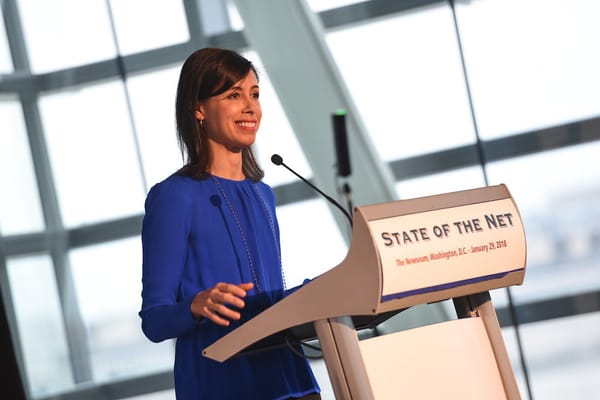
Jessican Rosenworcel
FCC to vote on order aimed at helping domestic abuse survivors maintain phone line.
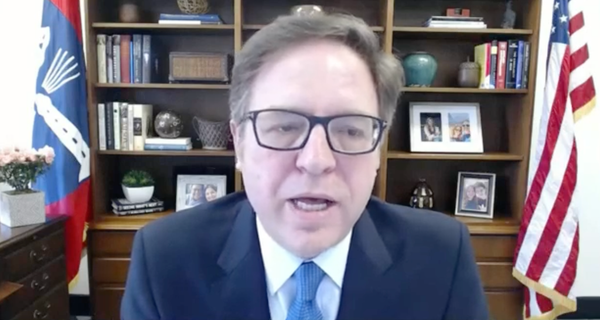
Digital Inclusion
Disparate impacts, rather than discriminatory intent, should be the commission’s focus, the agency said.
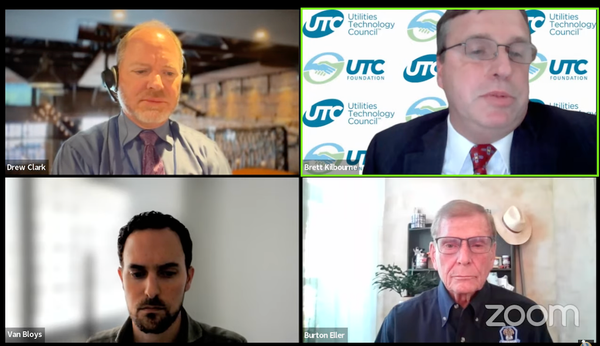
FCC
Telecoms and utility companies want each other to pay for pole replacements.

Broadband's Impact
The agency’s Office of the Inspector General said providers were still paid for un-enrolled subscribers.
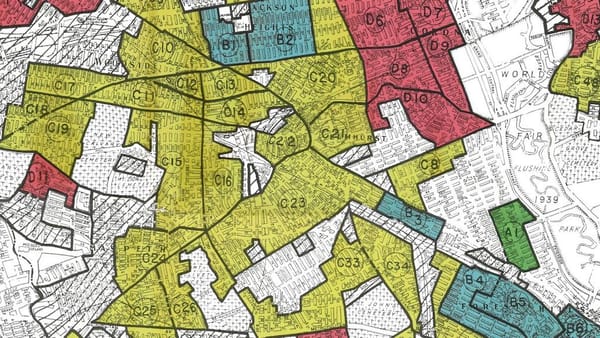
Digital Inclusion
Trade group says telecoms are not discriminating when they don’t build in financially difficult areas.
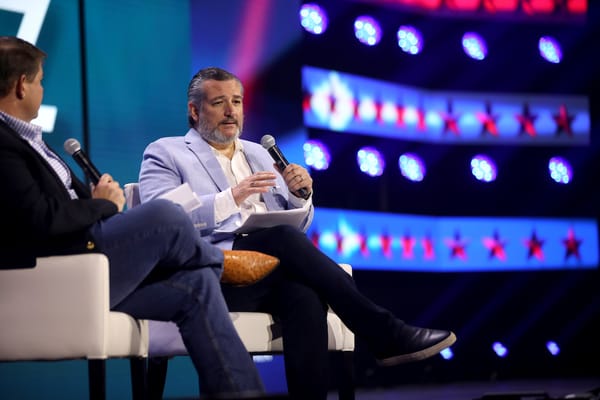
Funding
The conservative critic of the broadband program highlighted inaccurate FCC mapping data in a report.
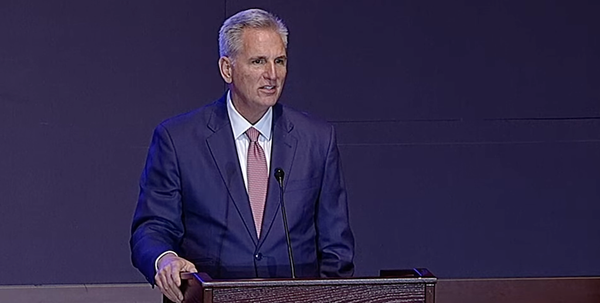
FCC
Less than half of low-income survey respondents without internet had heard of the ACP.